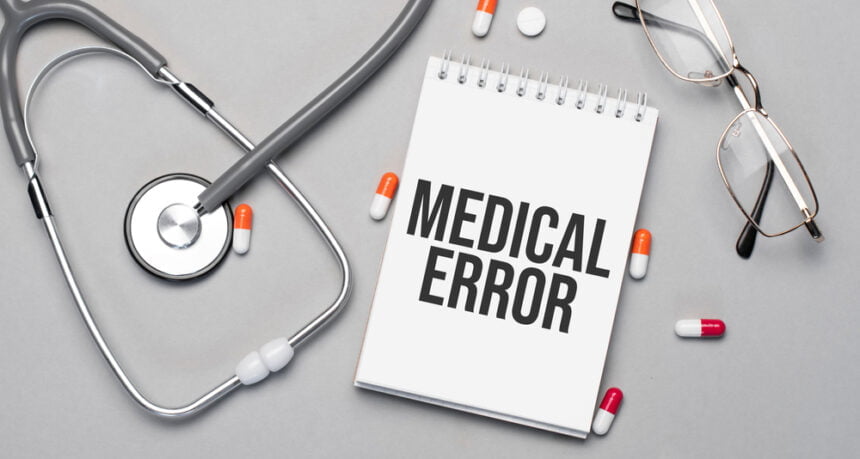Have you ever heard of the term getting a second opinion? It is often used in cases with a life-changing event such as being diagnosed with cancer. Getting a second opinion is receiving advice from a second expert after they review your case and medical record to ensure the advice or diagnosis of the first expert is correct.
One of the most important reasons to consider getting a second opinion is to reduce medical errors. Medical errors are the third leading cause of death, so you want to take this risk seriously.
Receiving a life-altering medical diagnosis can leave you with a lot of doubts and unsure of how to proceed or if you even should proceed. A second opinion can increase your confidence in the diagnosis you have received and the suggested treatment plans. It can also prevent medical malpractice such as a misdiagnosis of your condition. Medical misdiagnosis can put individuals through emotional turmoil and even enable their condition to worsen because proper treatment has been prolonged.
Receiving a cancer diagnosis or being told that you’ll need extensive treatments or surgery for a medical diagnosis is extremely serious. You trust your doctor to care for you and provide you with answers. No one expects to suffer medical malpractice due to someone’s negligence. This is considered medical malpractice. If you or someone you know have been the victim of medical malpractice, consider seeking legal justice with a medical malpractice attorney in your state.
Why You Might Consider a Second Opinion
A study done by the Mayo Clinic revealed that 66% of patients looking for a second opinion received a better defined or refined diagnosis and another 21% of final diagnoses were distinctly different than the referral diagnosis. This left only 12% of patients with the same final diagnoses, which drastically might increase someone wanting to verify their condition diagnosis with another doctor before proceeding.
There can be many reasons why you might want to consider a second opinion. This can include, but isn’t limited to:
- You don’t understand your doctor’s diagnosis, you are uncomfortable with it, or you disagree with it
- Your condition is rare or serious and you want a specialized team to review and confirm it
- Your diagnosis involves surgery and solutions involving long-term treatment options
- Your current treatment has serious side effects that are concerning
- Your doctor, unfortunately, can’t specifically diagnose what’s going on
- Your doctor says there is nothing left they can do and don’t have any options for you
How To Get A Second Opinion
Your doctor, themself, might send you to a colleague for their input or your insurance might require it before going ahead with a specific treatment plan. If not, don’t be afraid to ask your doctor for a second opinion. They are often able to refer you to someone in the specific field of your diagnosis. Remember, this is your health and most likely a drastic decision that shouldn’t be taken lightly.
How To Prepare For A Second Opinion
Once the appointment is made, ensure the second opinion doctor has all of the same medical information your primary doctor had. To do this, you can call your primary doctor’s office and ask them to send it to the second opinion doctor’s office. It’s best to do this in advance so your doctor has an appropriate amount of time to review everything.
You can do your research on the prognosis given by your first doctor to try to get a better understanding as to what caused it, how the suggested treatment can help, or what other steps are available. While you are doing research, you can make a list of questions for the second opinion doctor to help guide your appointment.
What To Do After A Second Opinion
If your second opinion confirms your diagnosis, you can feel more assured in your treatment or medical plan for the future. If it differs from the original diagnosis, you can decide to bring it to your original doctor and see how you will decide together to proceed, transfer your care to the specialist who gave their second opinion or get another opinion.
There is never anything wrong with asking for a second, or even third, opinion for a medical diagnosis. Not only will your body be going through a lot for a serious diagnosis treatment plan, but you will most likely face a lot of mental battles throughout the process. It is important to feel as assured as possible that any room for medical errors has been eliminated and that the steps you are going to take moving forward are the best possible for your situation.

